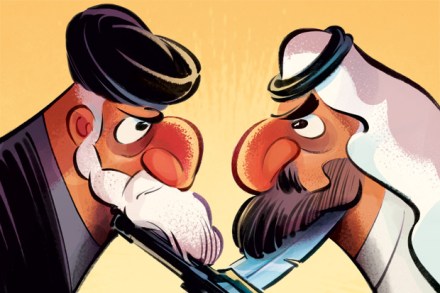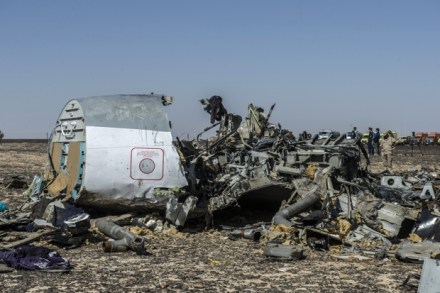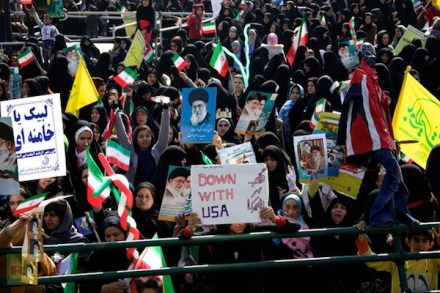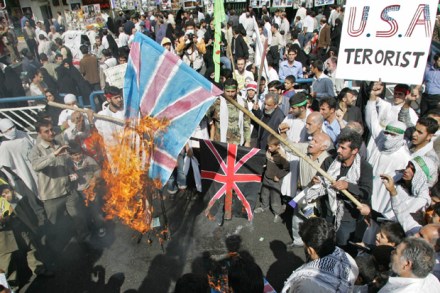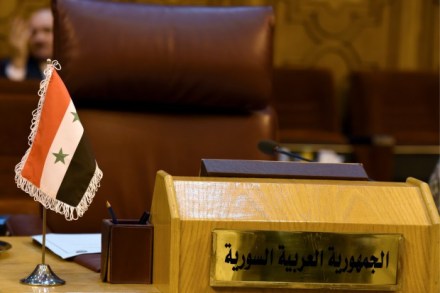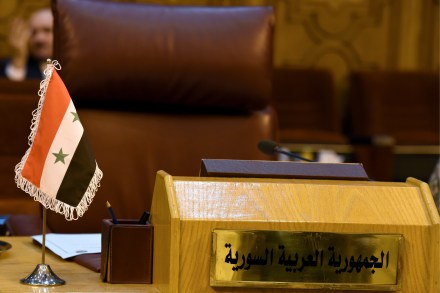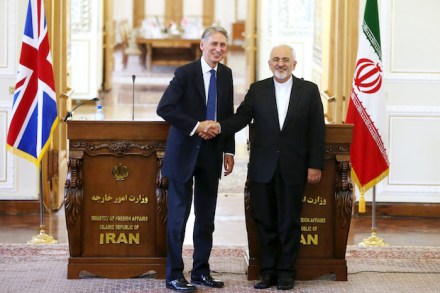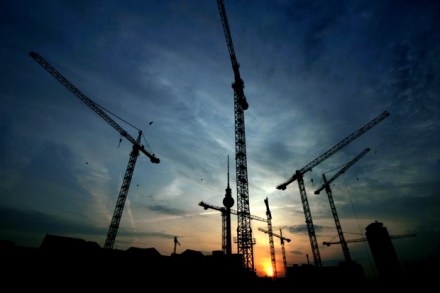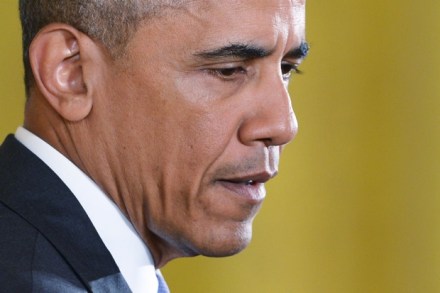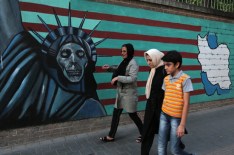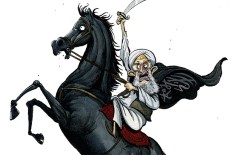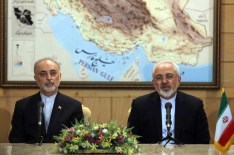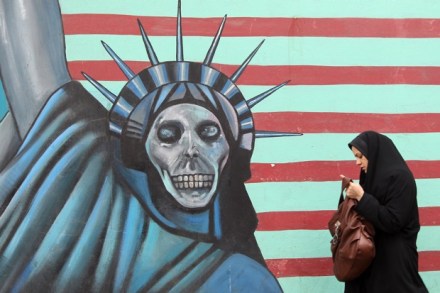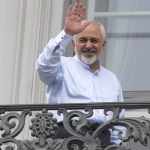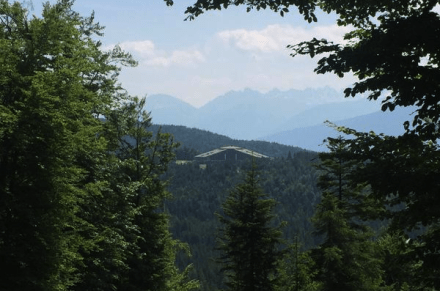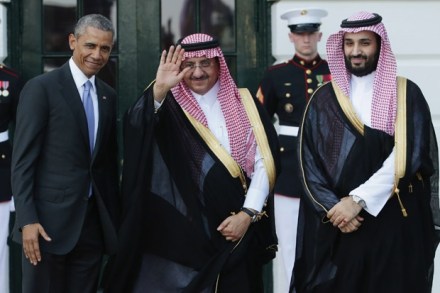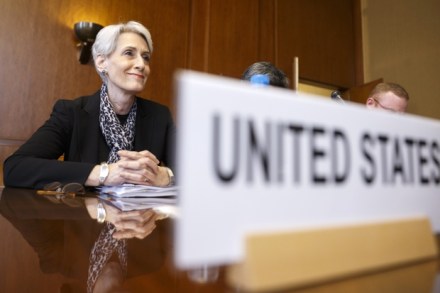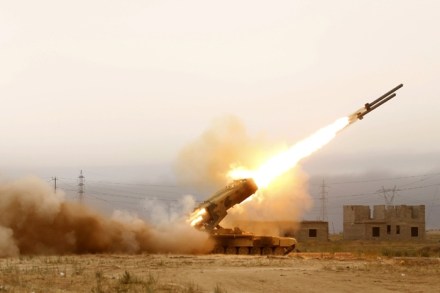The Middle East’s 30 Years’ War just took a turn for the worse
In January 2014, Douglas Murray explained in The Spectator how relations in the Middle East were becoming increasingly tense. With Saudi Arabia having now cut diplomatic relations with Iran, Douglas’s insight seems prescient. Syria has fallen apart. Major cities in Iraq have fallen to al-Qa’eda. Egypt may have stabilised slightly after a counter-coup. But Lebanon is starting once again to fragment. Beneath all these facts — beneath all the explosions, exhortations and blood — certain themes are emerging. Some years ago, before the Arab ‘Spring’ ever sprung, I remember asking one top security official about the region. What, I wondered, was their single biggest fear? The answer was striking and precise: ‘That the region
